Ashley serves as a missionary with her husband through Youth With a Mission in Latin America. Check out her story about being a bisexual Christian woman committed to a historic sexual ethic.
I still remember my first crush on a girl—in Sunday School, of all places. I remember the many questions this attraction brought into my life. I was 10 years old, and I barely had the tools to make sense of my infrequent attractions to guys, let alone a crush on a girl. All I had was a short version of “the talk” from my mom: “You’re getting older now and you’re gonna start to like boys and soon you will be able to get pregnant. You can’t have sex until you get married. Under my roof you will never date.” I didn’t even know what sex was except that it involved being naked! And yet my attractions to other girls were forcing me to process something I had no capacity to process.
As a kid, I was told who gay people were and that Christians couldn’t be gay. My church taught that gay sex was a sin. So I focused on my attractions to boys. I was a Christian, so I couldn’t be gay—at least that’s what I was told. While I wasn’t as attracted to guys as my friends were, I was drawn to guys enough to ignore my attractions to girls.
But I couldn’t ignore my attractions to women forever. In high school I remember noticing a girl sitting in front of me in driver’s ed, feeling butterflies for this girl I barely knew and then feeling fear. I sat confused, thinking, “I’m a good Christian girl. I’m not supposed to have these types of temptations. These things only happen to people who leave doors open to sin in their life. That must be it. It’s my fault. I left the door open. I was too disobedient. I need to clean up my act.”
Being a Christian, following a historic sexual ethic, and trying to make sense of my same-sex attractions was difficult enough. But I’m not just gay. I’m attracted to men too, and I’m a woman. I went on to marry a man, and I continue to be faithfully and happily married. But these extra layers made my experience more complex. I looked for articles or books or videos to help me make sense of my sexuality, but the only resources I could find with both grace and truth were written by gay men about male same-sex attraction. There weren’t any resources written for people like me. Any teaching about sexual temptation in the Church assumed that guys were the only people experiencing desire, so I was without tools to make sense of my attractions to either sex. And because I was attracted to both men and women, it was easier to hide my same-sex attractions from myself and from others. To make matters worse, friends and mentors in my life not only lacked personal experience, but without relevant resources, their care hurt more than it helped at times.
First, mentors and friends would seemingly ignore my attractions to women, and instead focus on my relationship with my husband. They seemed to think that if I conformed to the stereotype of a southern Christian wife, my attractions would lose their power. So they told me how to be more of a “lady.” They told me to spend more time with my husband and taking care of my home. They assumed my tomboy nature was a rejection of femininity. They interpreted rough-housing with guy friends as aggression instead of a by-product of growing up with six brothers. They didn’t know how to care for me around my same-sex attractions, so they stuck to what they knew: strengthening an opposite-sex marriage. But as a result, I felt like part of my life was invisible, a problem to be ignored. One mentor who understood me on a deep level in almost every part of my life said this on a walk: “I don’t know how to talk about that part of your life. I feel lost in conversations about your same-sex attractions.” She and other mentors treated my attractions like a hot potato—something to be hurriedly passed back and forth until I stopped mentioning it.
Second, when mentors and friends finally paid attention to my attractions to women, they assumed that any emotional intimacy with another woman was unhealthy and would lead to sin. My sexuality quickly went from ignored to examined by microscope, particularly if the other woman was also a sexual minority. Even when I developed healthy friendships with other same-sex attracted women, mentors were afraid of any closeness. We merely needed to have our own conversation on the other side of the room, and then mentors would swarm with warnings that we shouldn’t be “alone.” In their minds, because female sexuality tends to be more driven by emotional intimacy, sexual minority women must be attracted to every woman they develop friendships with. And it was assumed that those friendships were ultimately rooted in emotional codependency and enmeshment.
To say the least, the Christians around me didn’t know how to care for me well, so I had to make sense of my sexuality by myself. But I don’t blame them. I saw the tools they had. Most of the compassionate resources written for sexual minority Christians from a historic sexual ethic were written by men about male sexuality. These resources often assume that the person’s biggest challenge is sexual temptation, so the Christian simply needs to pray or take a walk or eat a sandwich. And the few resources written by sexual minority women from a historic sexual ethic lacked nuance. These resources taught sexual minority women to be afraid of emotional intimacy with other women. Both the resources written by men and the few resources written by women told women what they were feeling instead of asking them what they were feeling.
Despite the gap in resources for sexual minority women, I have found a small but mighty source of support. Where? In community with other sexual minority women who’ve had the same experiences and threw away the same unhelpful tools. The Church shouldn’t be surprised that people on the margins need support specifically for their experience, often from those who have walked the same paths. These women have taught me to sit with my feelings, unwanted or otherwise, and process them. They’ve asked me questions, listened, provided space to be wrong, and been honest when they didn’t have an answer. The Church needs compassionate resources written by sexual minority women committed to a traditional sexual ethic about their experiences. These resources could help sexual minority women make sense of their sexualities, and these resources can equip parents and pastors to better care for the sexual minority women in their lives.
Learn more about ministering to sexual minority women through “God’s Heart for His Daughters,” available now in our Virtual Course.

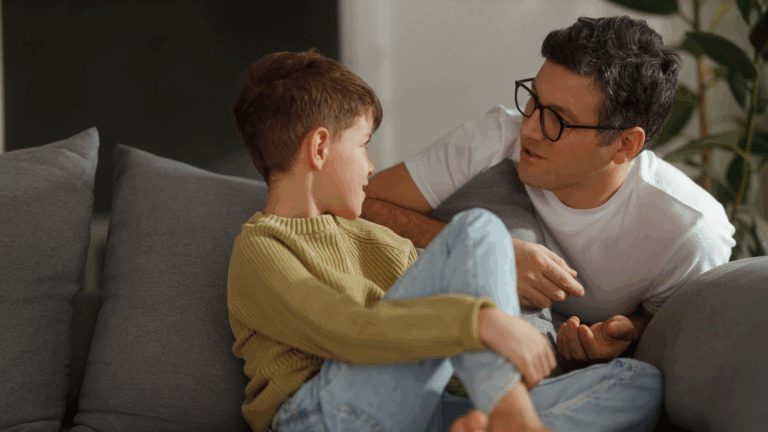
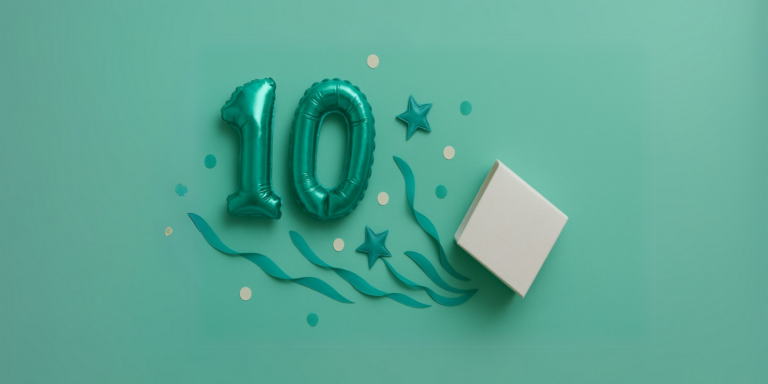
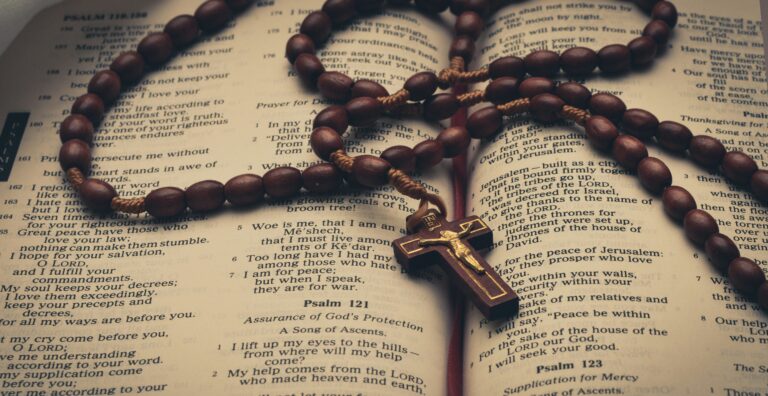
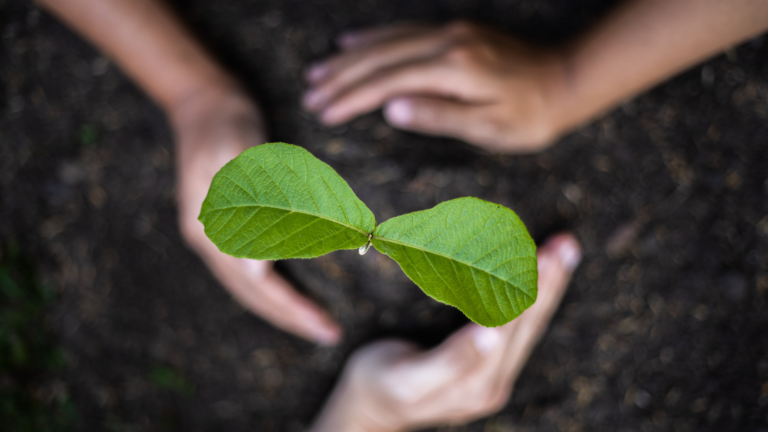
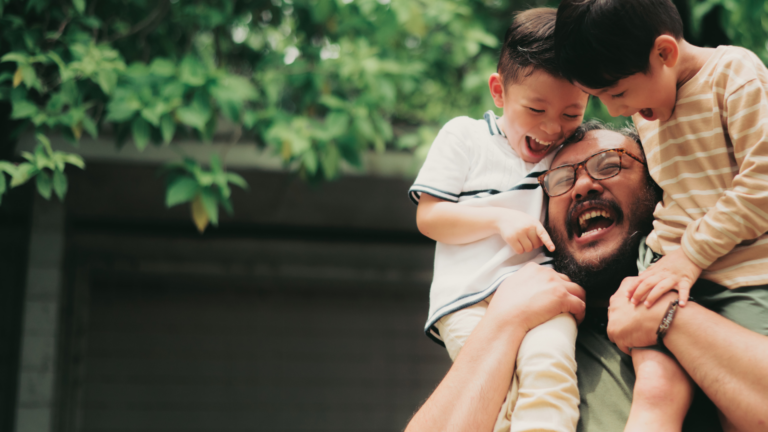

Carrie
Wow! So good to hear your story, Ashley! Thank you.
Pieter Valk
Carrie, we’re so glad you were encouraged by Ashley’s testimony. The Church needs to hear more from Christians like Ashley!